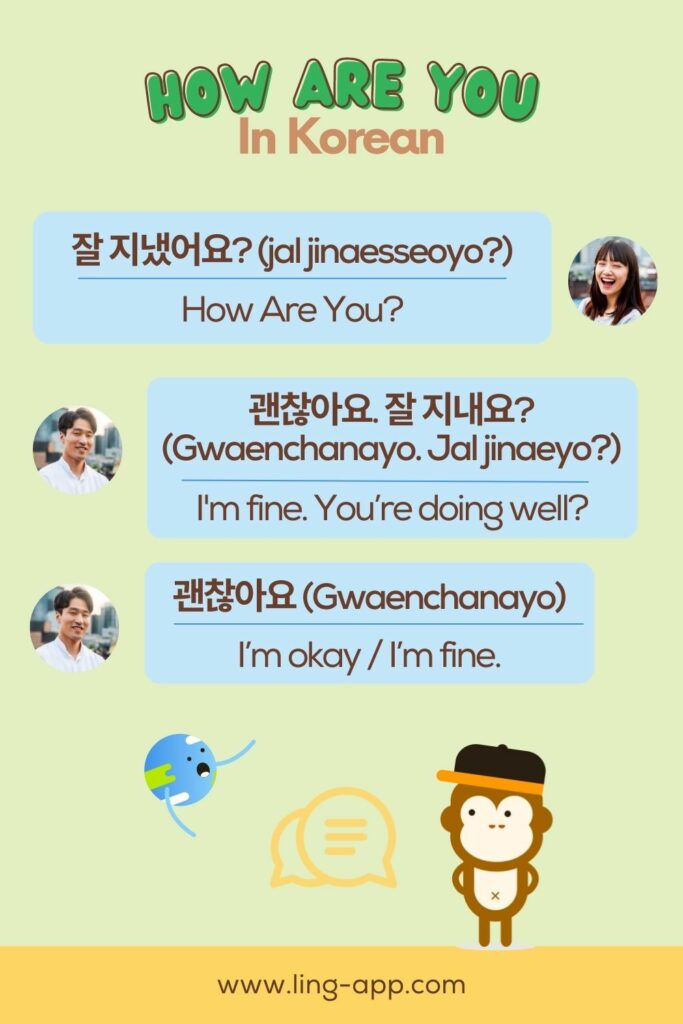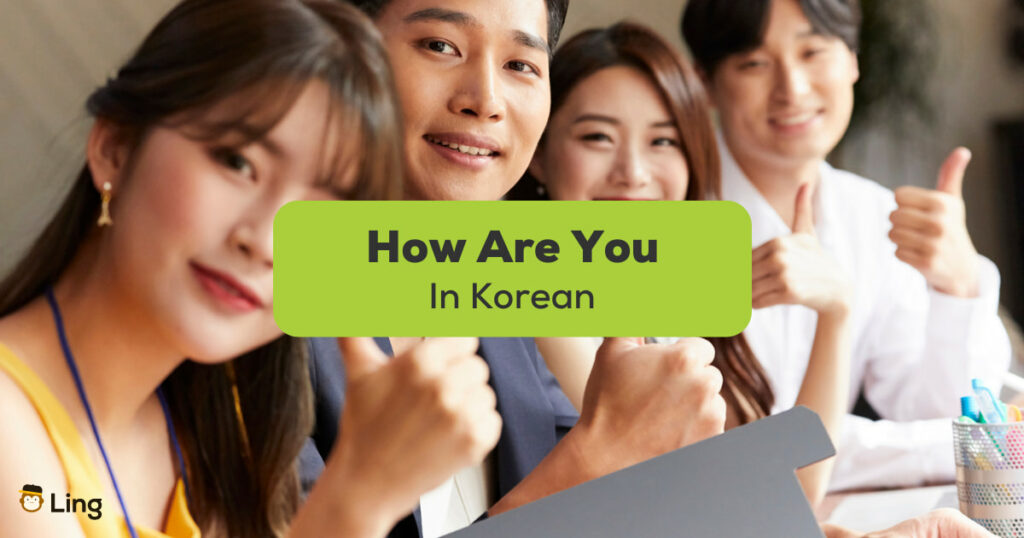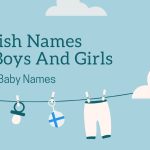Imagine yourself walking down the streets, and you suddenly see a friend you haven’t seen for a long time. Don’t you want to ask them, “How are you?”, or “잘 지내셨어요?” (Jal jinaesyesseoyo) in Korean. Your friend will probably be surprised and look at you again.
Asking someone, “How are you?” is more than just greetings. It is a way to show your concern to the other person. Yes, it might usually be used when greeting someone, like saying hello (안녕하세요) but in the question “How are you?” you want to go deeper than just greeting. Some people use this question because it is polite, but from a broader perspective, if someone asks you this question, you suddenly feel cared for and loved, which most people want to feel nowadays. Especially if the question was in Korean, it would feel even more special and unusual
In this blog, you will learn different ways to ask, “How are you?” in Korean. You will also learn how to respond when someone asks you this question. This is one of the basic words and phrases you should learn when you want to learn Korean. So, sit back, relax and read this entire blog.
Formal Vs. Informal In The Korean Language
If you are reading our past Korean blogs, you already know that Koreans have politeness levels. These politeness levels depend on the social hierarchy. When talking to other people, you must consider their age and your relationship with them. The way you talk will depend on the social hierarchy. There are differences in grammar, conjugations, particles, nouns, and expressions regarding formal and informal spoken language.
If you want to learn Korean, this is one of the most important things you should always remember to avoid sounding rude and disrespectful. If it is your first time speaking in Korean, it is easy to commit mistakes. That is why you should start learning these Korean politeness levels.
How To Ask How Are You In Korean?
Who wouldn’t want to be loved and cared for? Of course, most of us want to feel this way, especially from people we value the most, like family, friends, and a special someone. Asking How are you in Korean can either be in a formal form or informal form. Just like what is stated above, it depends on the social hierarchy. So, learn how to say How are you in Korean in different ways so that you’ll know which phrase to use.
Formal
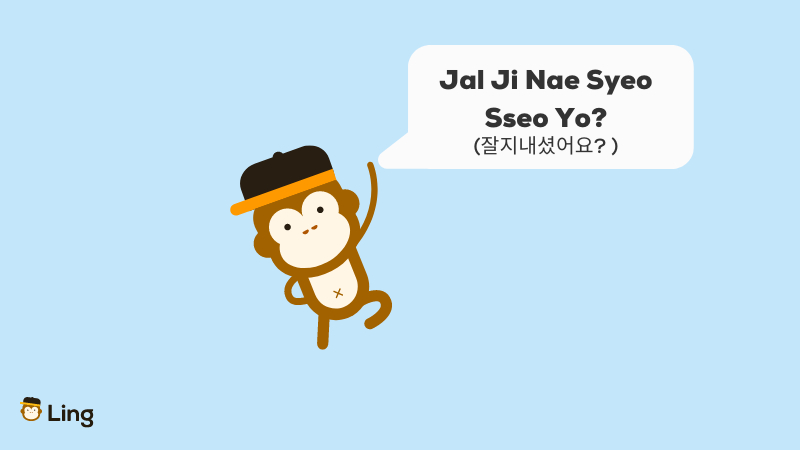
You could never go wrong with a formal way of greeting. These politeness levels are confusing at first, especially if you don’t know much about Korean grammar. When it comes to the levels of formality, Koreans usually use formal words and phrases to someone older than them.
잘 지내셨어요? (Jal jinaesyeosseoyo?)
English Translation: “Have you spent your time well?” or “Have you lived well”?
This is the most common formal way to say How are you in Korean. The Hangeul character 잘 (jal) means well, and 지내셨어요 (jinaesyeosseoyo) means to spend time or live. So, if translated in English, it literally means “Have you spent time well?” or, “Have you lived well”?
어떻게 지내셨어요? (Eotteoke jinaesyeosseoyo?)
English Translation: How have you been?
Another way to say How are you in Korean is 어떻게 지내셨어요? (Eotteoke jinaesyeosseoyo). The Hangul character 어떻게 (Eotteoke) means How and 지내셨어요 (Jinaesyeosseoyo) means to spend time or live. This can simply be translated as How have you been and it is usually used after a greeting.
This phrase is a lot better than the first one because it is not answerable by yes or no. Instead, you’ll have a brief explanation and information about the other person.
안녕히 계셨어요? (Annyeonghi gyesyeosseoyo?)
English Translation: Have you been well?
You can use 안녕히 계셨어요? (Annyeonghi gyesyeosseoyo?) to ask somebody, “Have you been well?” 안녕히 (Annyeonghi) means the same way as 잘 (Jal). You should also know that the phrase 안녕히 (Annyeonghi) is only used in formal speech. The Hangul character 계시다(Gyesida) means to spend time or to live. So, altogether, this phrase means, “Have you been well?”
뭐하고 지내셨어요? (Mwohago jinaesyeosseoyo?)
English Translation: What have you been up to?
The last formal way to say How are you in Korean is 뭐하고 지내셨어요? (Mwohago jinaesyeosseoyo?). The Hangul character 뭐 (Mwo) means what. This may not use the typical words used to say, How are you? but asking this will make people say something about their current lives.
Informal
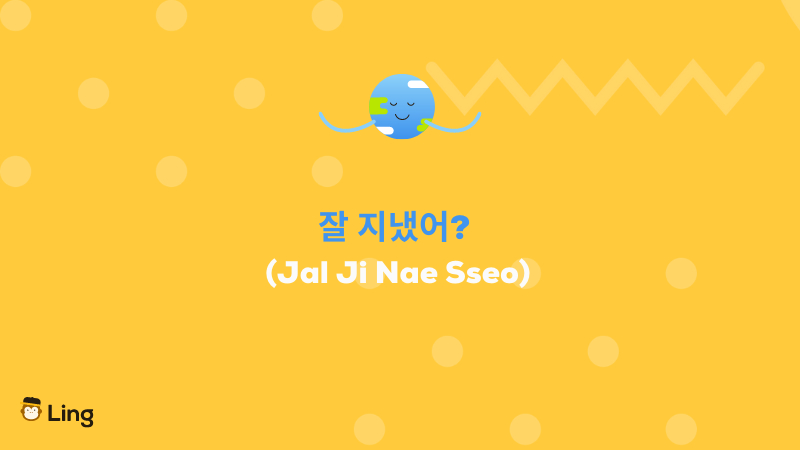
Now that you have learned the formal way to say How are you in Korean, let’s move on to the informal form. Remember, you will only use the informal way to talk to someone close to you or someone who is the same age as you. This is really important in learning Korean because Koreans value respect and politeness.
잘 지냈어? (Jal jinaesseo?)
English Translation: How are you?
The first way to say how are you in Korean in informal speech is 잘 지냈어? (Jal jinaesseo). If we break this sentence, 잘 (jal) means “well,” 지냈어 (jinaesseo) means “to spend time or live” (informal). So, the phrase 잘 지냈어? (Jal jinaesseo) means How are you? which you can only say to your close friends.
어떻게 지내? (Eotteoke jinae?)
English Translation: How are you?
In this phrase, you will notice the absence of the Hangul character 요(yo), which is only used in a formal conversation. This means like the one in a formal way just with the absence of 요(yo).
잘 있었어? (Jal isseosseo?)
English Translation: How have you been?
If you want to deepen your conversation and know more about the person, you can say 잘 있었어? ( Jal isseosseo). Imagine you are a teacher; you can use this for your students. 잘 (jal) means “well” and 있었어 (isseosseo) means “to be” but in an informal way.
There’s more than one English translation for this phrase. It could also mean:
잘 있었어? (Jal isseosseo?)
English Translation: Have you been well?
This is a way of saying, How are you in Korean without much response. It is only answerable by yes or no, unlike the earlier one.
어떻게 지냈어? (Eotteoke jinaesseo?)
English Translation: How have you been?
어떻게 지냈어? (Eotteoke jinaesseo?) is another casual way to ask somebody how they have been. 어떻게 (Eotteoke) means “How” while 지냈어? (Jinaesseo) means to spend time or live. Just like above but without 요 (yo).
뭐하고 지냈어? (Mwohago jinaesseo?)
English Translation: What have you been up to?
Just like above, this question will make them tell a little bit more about their current lives. The only difference is you’ll only use this for people with lower social hierarchy or your close friends.
오랜만이야 (Oraenmaniya.)
English Translation: Long time no see.
If you have a friend you haven’t seen for a very long time and you unexpectedly met them somewhere, you can say 오랜만이야 (Oraenmaniya.). Because this is one of the informal ways to say How are you in Korean, you should only use it for your close friends. If you want to use it with people who are in a higher social hierarchy or for strangers, you can use the formal form, which is 오랜만입니다. (Oraenmanimnida.)
Standard
A standard way is a form of speech that is not too formal but not too informal either, ensuring you don’t sound rude. You can use this to be safe. For example, if you are a foreigner having a little bit of experience with Korean culture, you can use the standard way to talk to someone.
잘 지냈어요? (Jal Jinaesseoyo?)
English Translation: How are you?
You have learned the meaning of each Hangul character from the explanations above. So if you’ll notice, in this phrase, the character 요 (yo) is still there to maintain a little bit of formality.
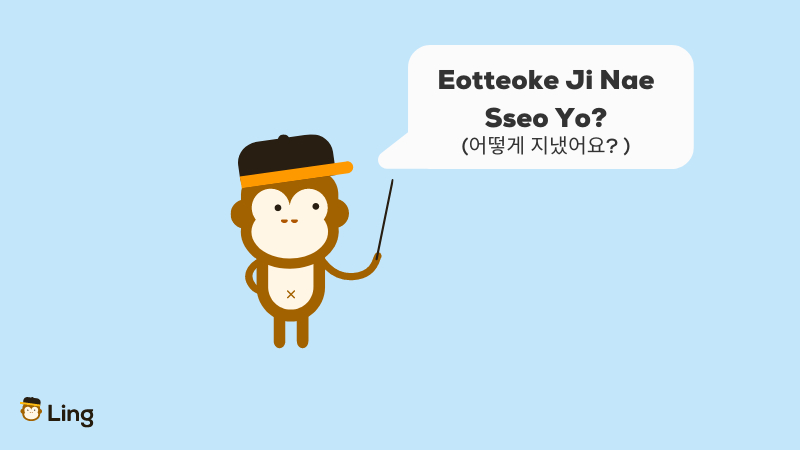
어떻게 지냈어요? (Eotteoke Jinaesseoyo?)
English Translation: How’s it going lately?
You have also learned how to say this in formal and informal speeches. From this, you can see the difference in a formal speech. Koreans modify words and structure to form the standard way to say this phrase.
밥 먹었어요? (Bap meogeosseoyo?)
English Translation: Have you eaten?
Another way of asking someone How are you in Korean is 밥 먹었어요? (Bap meogeosseoyo). Knowing that people have eaten already will make you think they are in good condition. It is also polite because if they have answered no, it won’t hurt to invite them for a meal to catch up.
How To Respond?
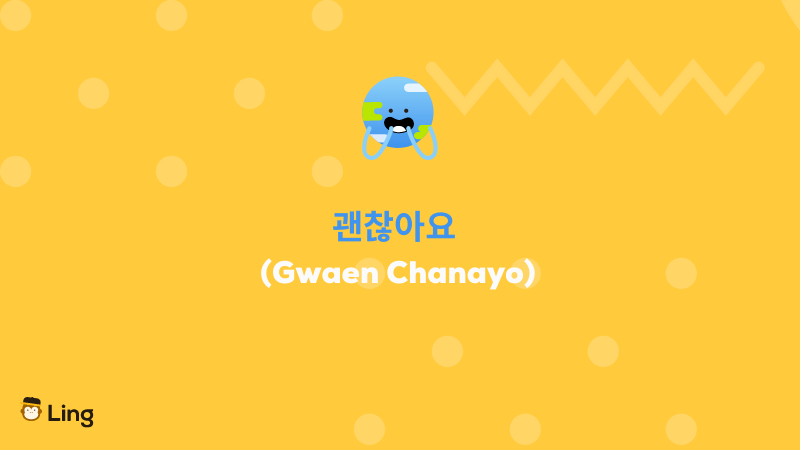
Learning how to answer How are you in Korean is also important. Most people would want to reciprocate the question, and if you don’t know how to respond, this might make you sound rude.
| English Translation | Pronunciation | Korean | |
| I’m fine. | Gwaenchanayo. | 괜찮아요. | |
| And you? | Neoneun? | 너는? | |
| I’m fine. How are you? | Gwaenchanayo. Eotteoke jinae? | 괜찮아요. 어떻게 지내? | |
| I’m okay. | Jeon gwaenchanayo. | 전 괜찮아요. | |
| I’m sleepy. | Jollyeoyo. | 졸려요. | |
| I’m great. | Jal jinaeyo. | 잘 지내요. | |
| I’m not bad. | Nappeuji anayo. | 나쁘지 않아요. | |
| I’m feeling bad. | Gibuni byeolloyeyo. | 기분이 별로예요. | |
| Thank you for asking. | Mureobwa jwoseo gomawoyo. | 물어봐 줘서 고마워요. | |
| I’ve been busy. | Bappeuge jinaego isseoyo. | 바쁘게 지내고 있어요. |
What’s Next After Learning How To Say “How Are You” In Korean?
Practice. When we are young, we learn through the basics, and practice makes us better. Yes, it’s hard to be as fluent as native speakers at first, but you will soon achieve your goals with practice, repetition, and motivation. First, expose yourself to the Korean language. There are different ways to do that, like labeling your things at home, watching K-dramas, and finding a language partner who will help you practice.
Asking someone, “How are you” is an excellent conversation starter, but your conversation may go deeper, especially when you haven’t seen each other for a long time. This is why you should widen your vocabulary about the Korean language. You may start with greetings, basic words and phrases, and more. But, if you are wondering how to do that, check out below.
Want To Learn More Korean Words And Phrases?
Learning the Korean language is more than just learning how to communicate. Upon learning Korean, you will also know about their culture, which is really important when going to Korea. So, to help you start your wonderful learning language journey, try using Ling App.

Gone are the days when you had to bring dictionaries with you when you traveled and spent much money on language classes. Instead, Ling App will provide you with language lessons that use gamification to make learning languages fun. Audio recordings from native speakers are used to learn the right pronunciation for each word. Ling App has various, well-categorized topics. Each lesson has a review method for mastery.
Don’t waste any of your time; start learning Korean with Ling App And download the Ling on Play Store or App Store now!
Updated by: Gwyn
